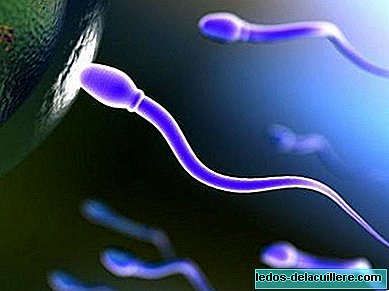
A finding has been made that comes to solve the mystery in many cases of male infertility. A group of scientists from the Department of Gynecology and Obstetrics at the University of California has found that an alteration in semen protein could be key in cases of infertility.
A failure in the mutation in the DEFB126 protein, which covers the sperm as if it were a raincoat, prevents it from going through the mucosa of the ovule to penetrate and fertilize it.
Experts have explained that 50 percent of men around the world have a mutation in the genes that code for this protein and 20 percent have a double mutation, making them less fertile than normal.
According to the World Health Organization (WHO) it is considered that a couple is infertile after having had frequent unprotected sex for a year without achieving conception. It is estimated that between 10 and 20 percent of couples suffer from infertility.
Until now, the quality and quantity of sperm was valued, but 70 percent of the time there is no explanation as to why men cannot have children. This could be the reason for many of these cases. In part, the role that a semen protein plays can clear up doubts.
The scientists made a study with a group of 509 Chinese couples and saw that those in which man carried the double genetic mutation of this protein reduced their chances of conceiving by 60%. Without necessarily making fertilization impossible, it did make it more complicated.
The interesting thing is that this finding opens a new path of investigation, which would allow in the future find a solution for men presenting this double mutation. Either a test to detect it or a treatment to repair that alteration.












